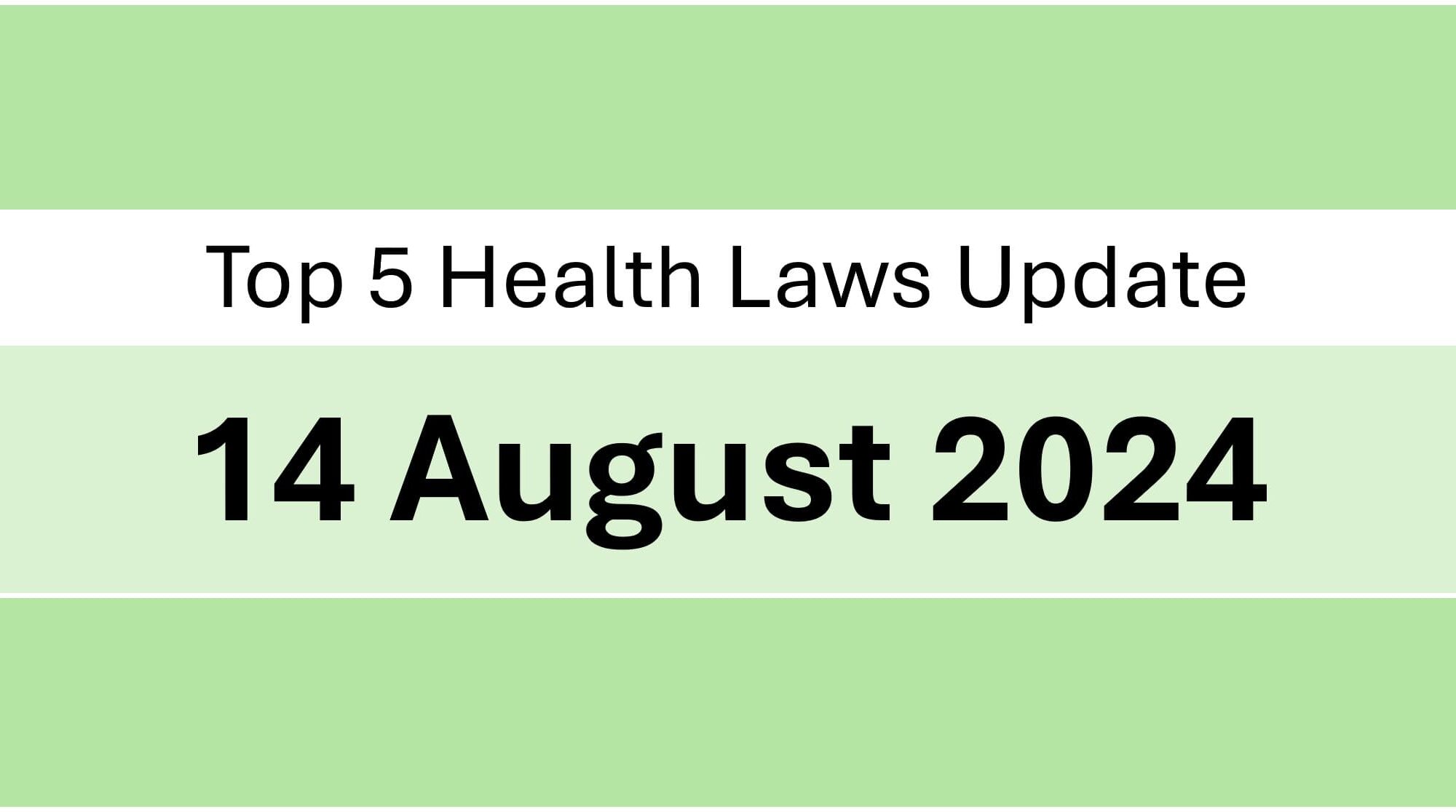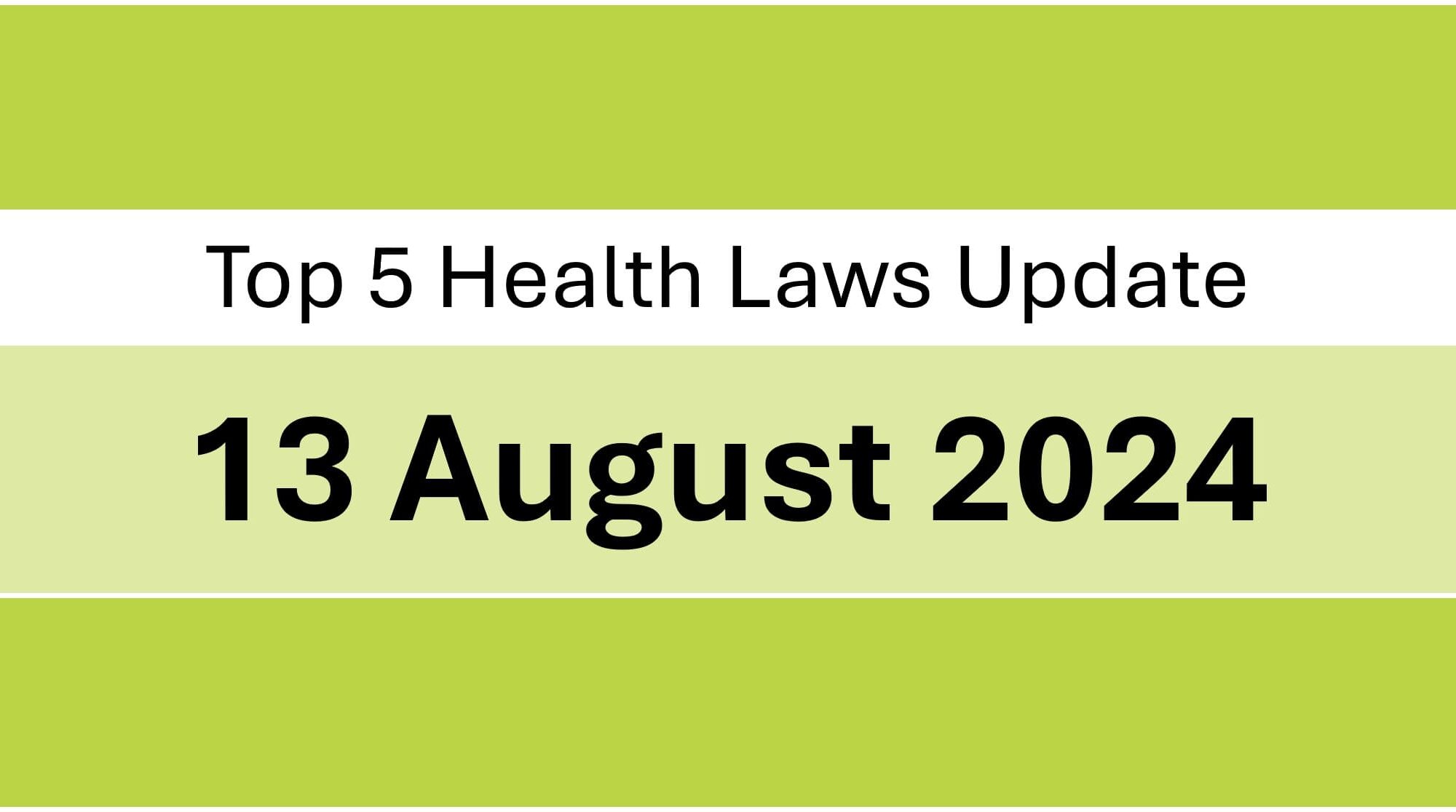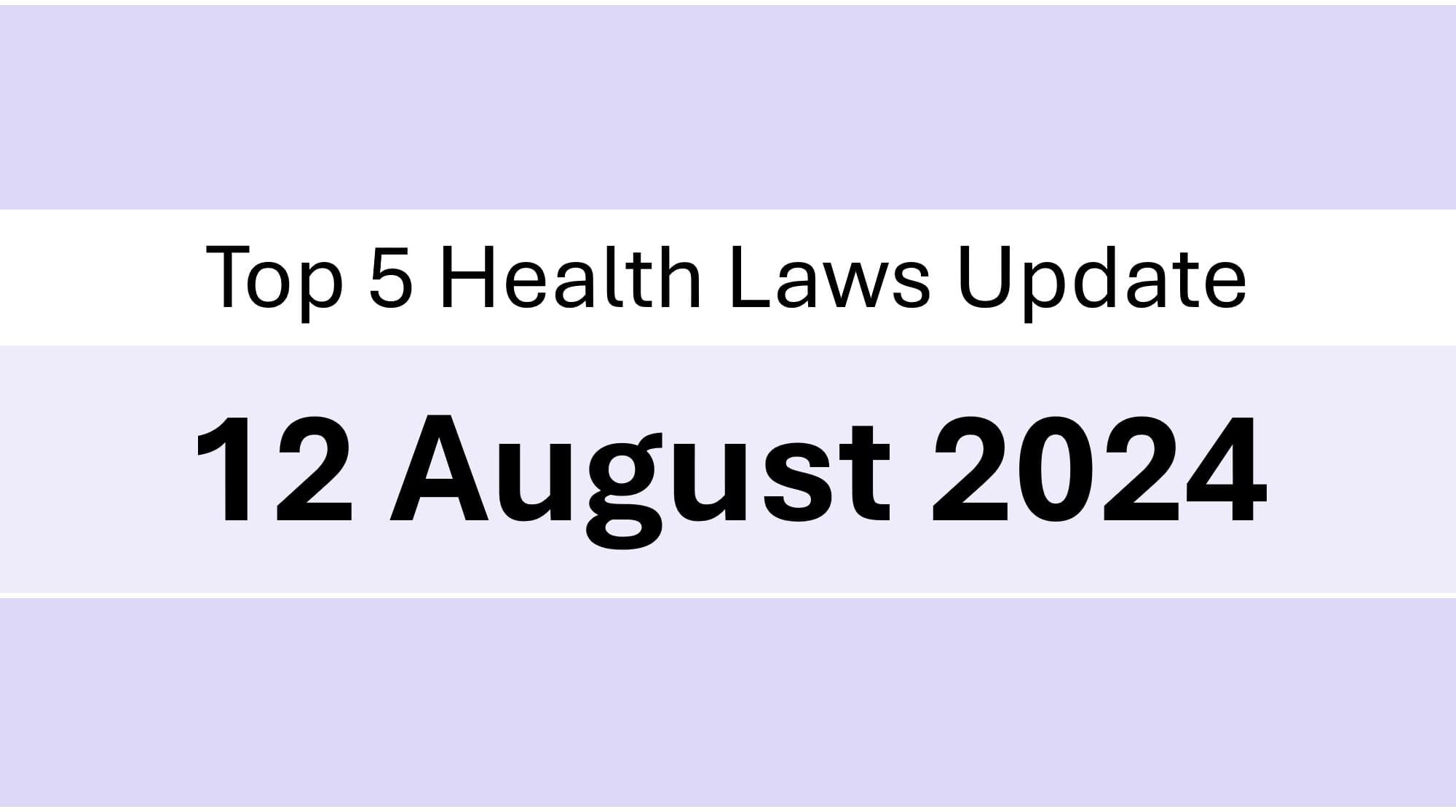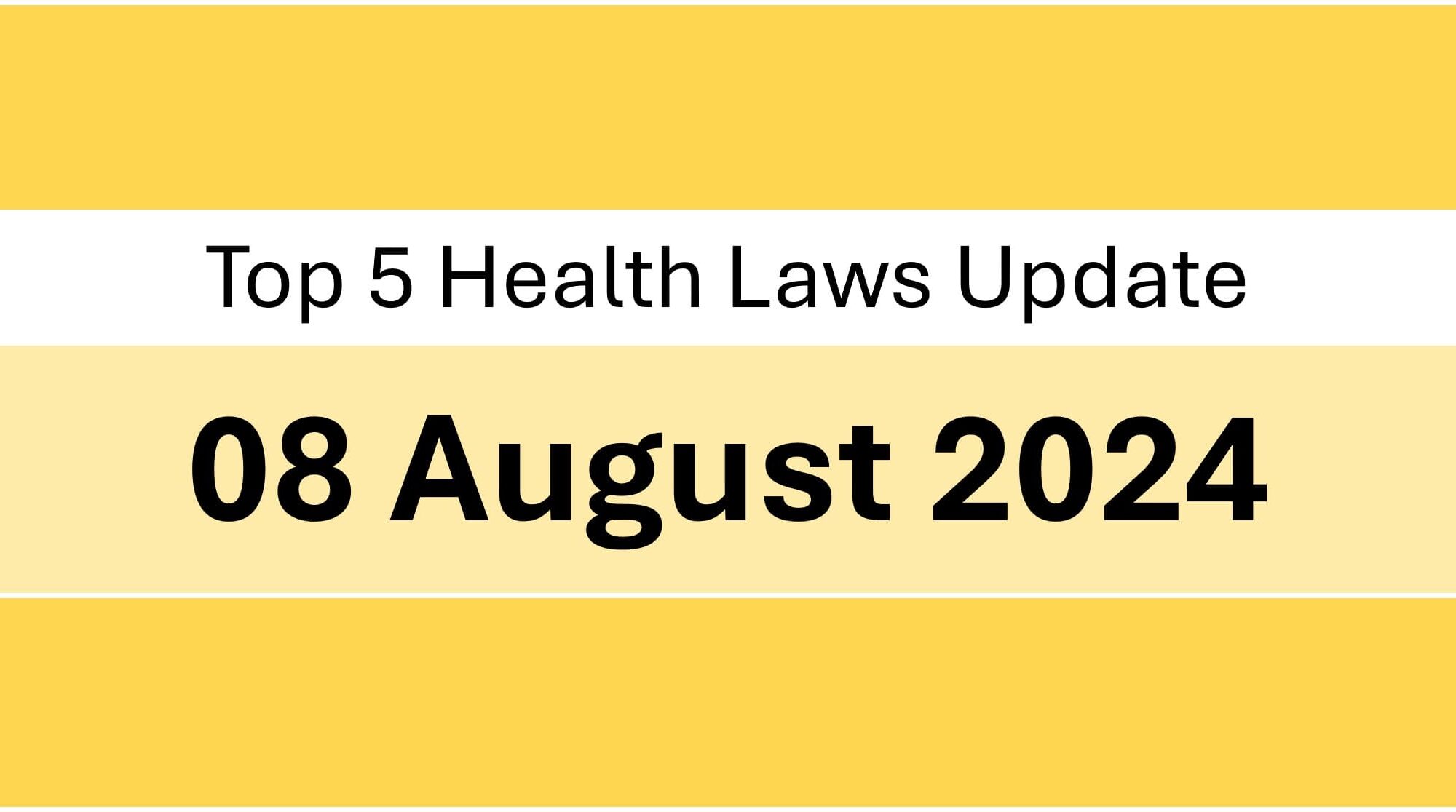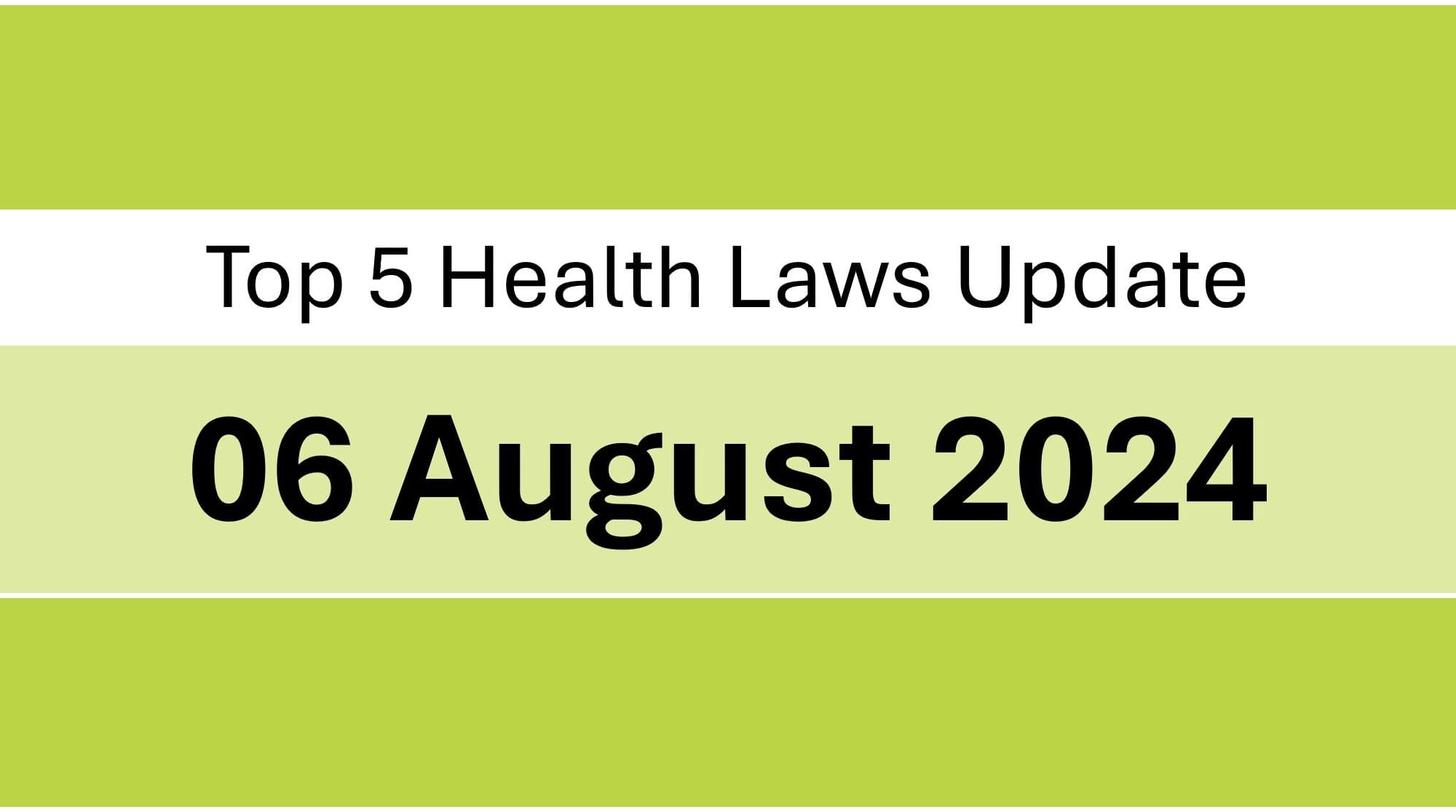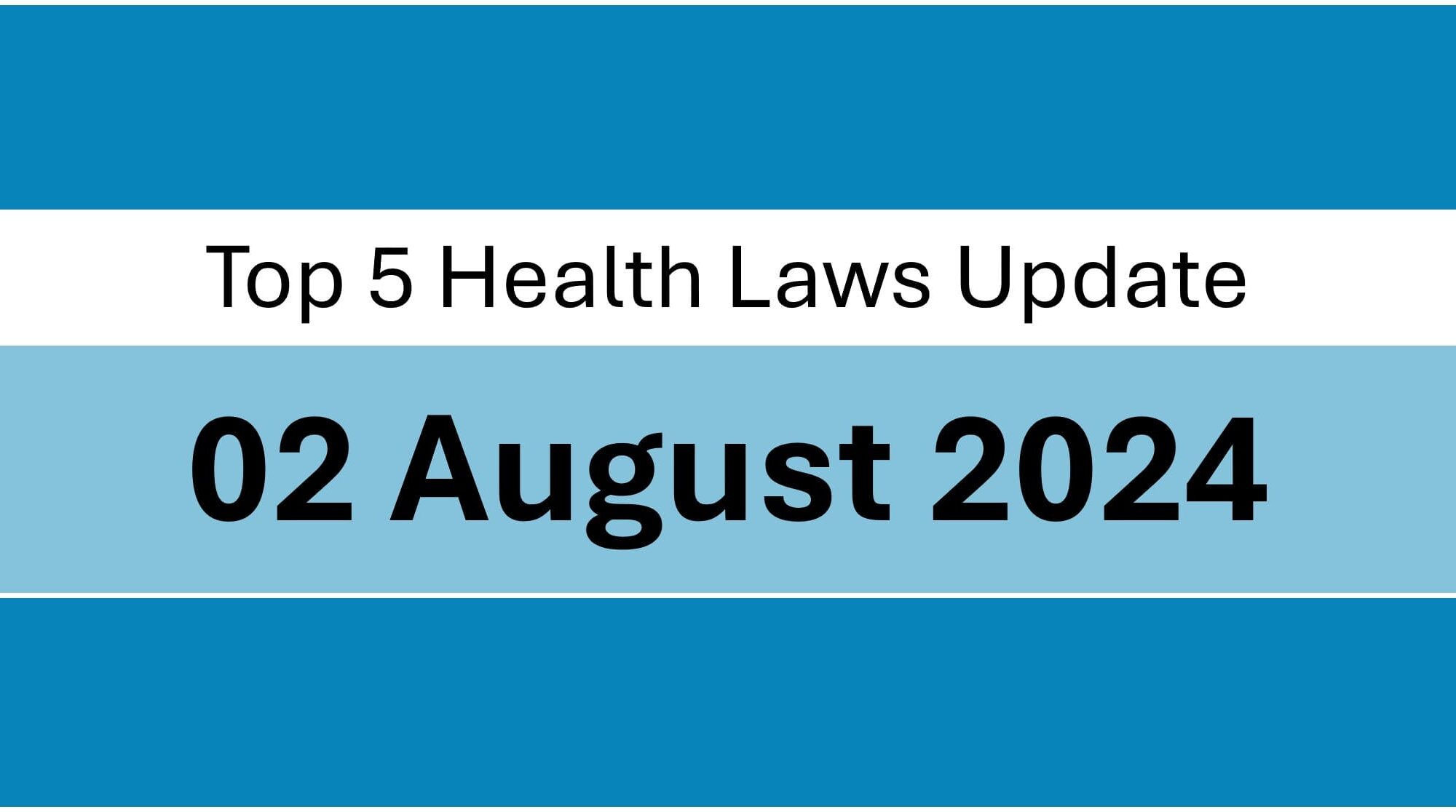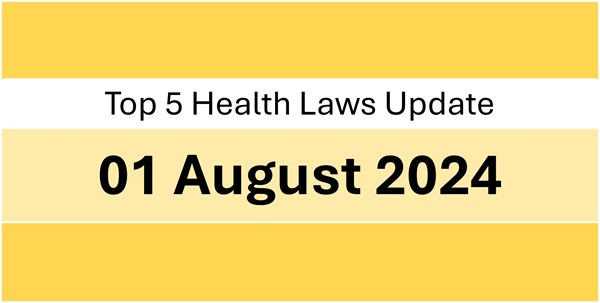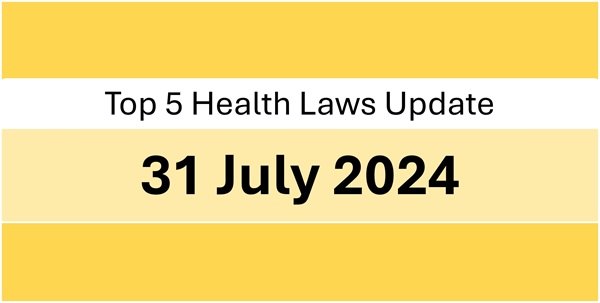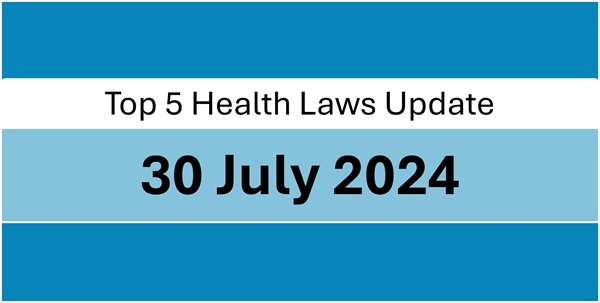Under Indian law, it is not unlawful to reuse cooking oil, provided certain conditions and thresholds are not crossed by food businesses. In this article, we will examine the thresholds and conditions associated with reusing cooking oil. We will also examine the Madras High Court order which protected a fast-food chain outlet against arbitrary action of suspension of license for reusing cooking oil.
Thresholds and Conditions for Reuse of Cooking Oil
The Food Safety and Standards Authority of India (FSSAI) is the regulatory body responsible for quality of food for consumers. It regulates the use and reuse of cooking oil and issues directions from time to time.
The FSSAI has recommended that “re-heating and reuse of oil should be avoided as far as possible”. It has further recommended that cooking oil should be reheated a maximum of three times, and that ideally it should be heated only once. However, these recommendations are for guidance only are not binding on food businesses.
The only legal restriction on reusing vegetable cooking oil is that the Total Polar Compounds (TPC) developed in cooking oil due to reheating cannot exceed 25%[1]. According to FSSAI, any cooking oil whose TPC content is more than 25% is unsafe for human consumption and is thereby prohibited for use.
In order to keep a check on TPC content in reused vegetable cooking oil, FSSAI has directed that food businesses using 50 litres or more of cooking oil per day to maintain records detailing oil usage, including type, quantity used and discarded, and disposal date. Such food businesses are required to dispose the used cooking oil (UCO) only to FSSAI-approved aggregators or collection agencies.[2]
Adding fresh cooking oil to used cooking oil
In 2019, FSSAI directed food businesses to ensure that used cooking oil should not be topped with fresh cooking oil.[3]
Legal consequences of reusing cooking oil
Any violation of the 25% TPC threshold limit may result in suspension or cancellation of food license[4], as well as imprisonment or fine.[5]
Madras High Court’s intervention in unlawful suspension of license for reusing cooking oil
In Thoothukudi, Tamil Nadu, the FSSAI through Tamil Nadu Food Safety and Drug Administration Department (“Department”) suspended (i.e. temporarily cancelled) the license of one Kentucky Fried Chicken (“KFC”) outlet on grounds that it was reusing cooking oil and was adding a filtration agent, namely Magnesium Silicate Synthetic (“MSS”), to the cooking oil.
KFC challenged the suspension before the Madras High Court. On review, the High Court found that prima facie Magnesium Silicate Synthetic (MSS) does not appear to be a banned substance. On the contrary, it is an approved filtration agent. The Court further observed that there is no legal bar on reusing cooking oil.
For these reasons, and also on account of the fact that the Department did not follow due process before suspending the license, the Court passed an interim order staying the suspension of license and allowed the KFC outlet to resume operations.
Can Magnesium Silicate Synthetic (MSS) be added to reused cooking oil?
Magnesium Silicate Synthetic is a food additive that is primarily used as an anticaking agent and as a carrier for flavours in different food items. The Food Safety and Standards (Food Products Standards and Food Additives) Regulation, 2011 limits the use of anti-caking agents in such cases where its use is specifically permitted.[6] Synthetic Magnesium Silicate (or Magnesium Silicate Synthetic) is recognized an additive that may be used as clarifying agents or filtration aid in edible oils[7] and therefore may be lawfully used as a filtration aid in cooking oil.
Conclusion
The controversy surrounding reuse of cooking oil by restaurants seem to be manufactured, since the law surrounding reuse of cooking oil is very clear – vegetable cooking oils may be reheated and reused so long as the TPC content in the cooking oil does not exceed 25%. It is, however, recommended that cooking oil should not be reheated more than three times, though following such recommendation is not a legal requirement.
[1] The Food Safety and Standards (Licensing and Registration of Food Businesses) First Amendment Regulations, 2017, available at: https://www.fssai.gov.in/upload/uploadfiles/files/Gazette_Notification_Quality_Vegetable_Oil_03_11_2017.pdf and Section 2.3.15(8) of FSS (Prohibition and Restriction on Sales) Regulations, 2011, available at: 61f381c576d16SOP_Cooking_Oil_28_01_2022.pdf (fssai.gov.in)
[2] Direction under Section 16(5) of the FSS Act regarding disposal and collection of Used Cooking Oil, available at: 5c6271f25d447Direction_Reused_Cooking_Oil_07_02_2019.pdf (fssai.gov.in)
[3] Direction under Section 16(5) of the FSS Act regarding disposal and collection of Used Cooking Oil, available at: 5c6271f25d447Direction_Reused_Cooking_Oil_07_02_2019.pdf (fssai.gov.in)
[4] Regulation 2.1.8 (4) of the Food Safety and Standards(Licensing and Registration of Food Businesses) Regulations, 2011, available at: https://www.fssai.gov.in/upload/uploadfiles/files/Licensing_Regulations.pdf
[5] Section 55, 57 and 59 of the Food Safety and Security Act, 2006 (“Act”), and Section 274, 275 of the Bharatiya Nyaya Sanhita, 2023.
[6] 3.1.7: Anticaking Agents: 1) Restriction on use of anticaking agents. No anticaking agents shall be used in any food except where the use of anticaking agents is specifically permitted. [Page 430, Part III, Section 4, the Food Safety and Standards (Licensing and Registration of Food Businesses) Regulations of 2011].
[7]Direction under Section 16(5) of the FSS Act regarding compliance w.r.t. Processing Aids under Food Safety and Standards (Licensing and Registration of Food Businesses) Regulations of 2011, available at: https://fssai.gov.in/upload/advisories/2024/03/65f2d680c053cApproved%20direction%20under%20Section%2016_5%20regarding%20compliance%20w.r.t.%20Processing%20Aids%20under%20FSS_FPS&FA_Regulations_2011.pdf


